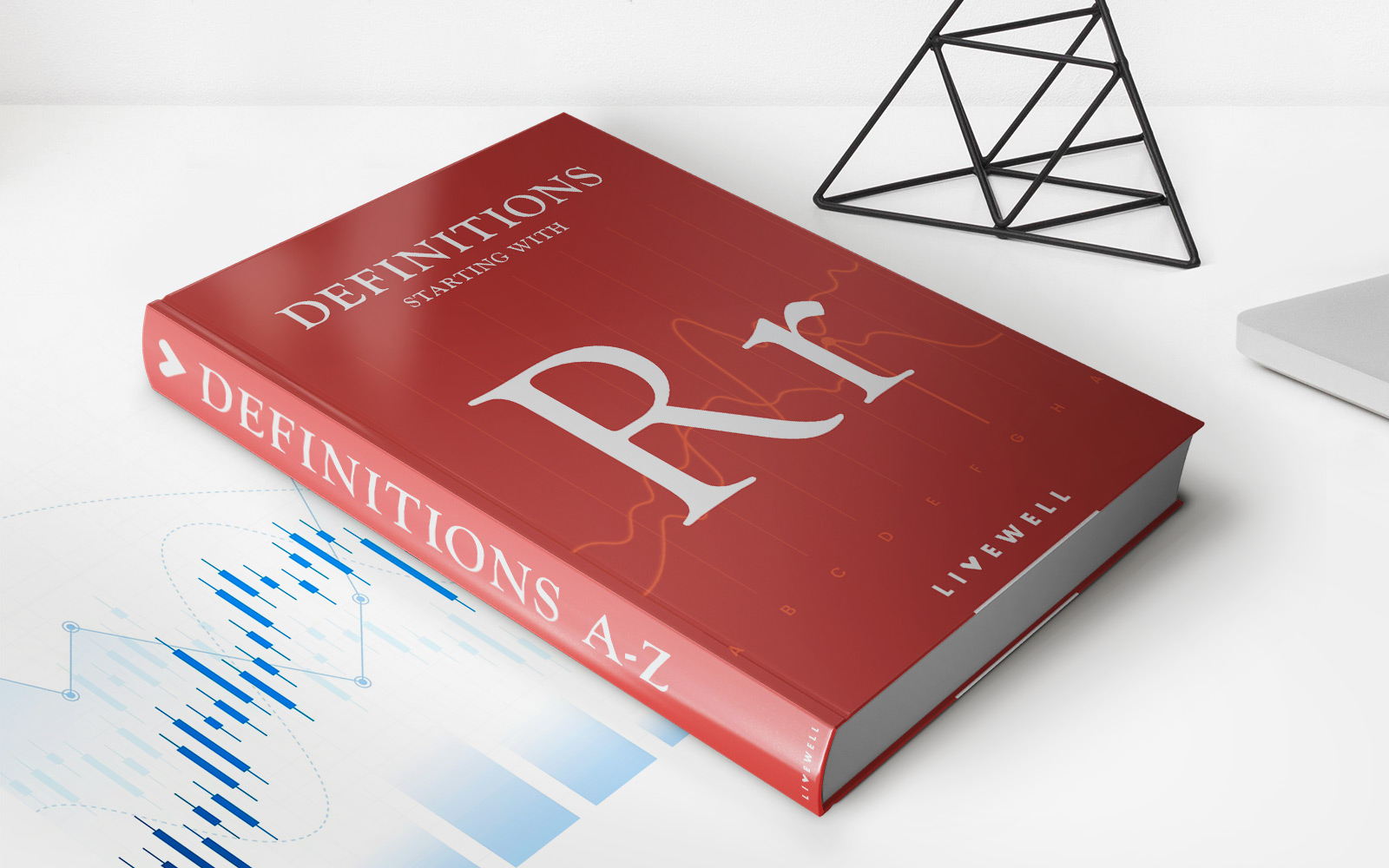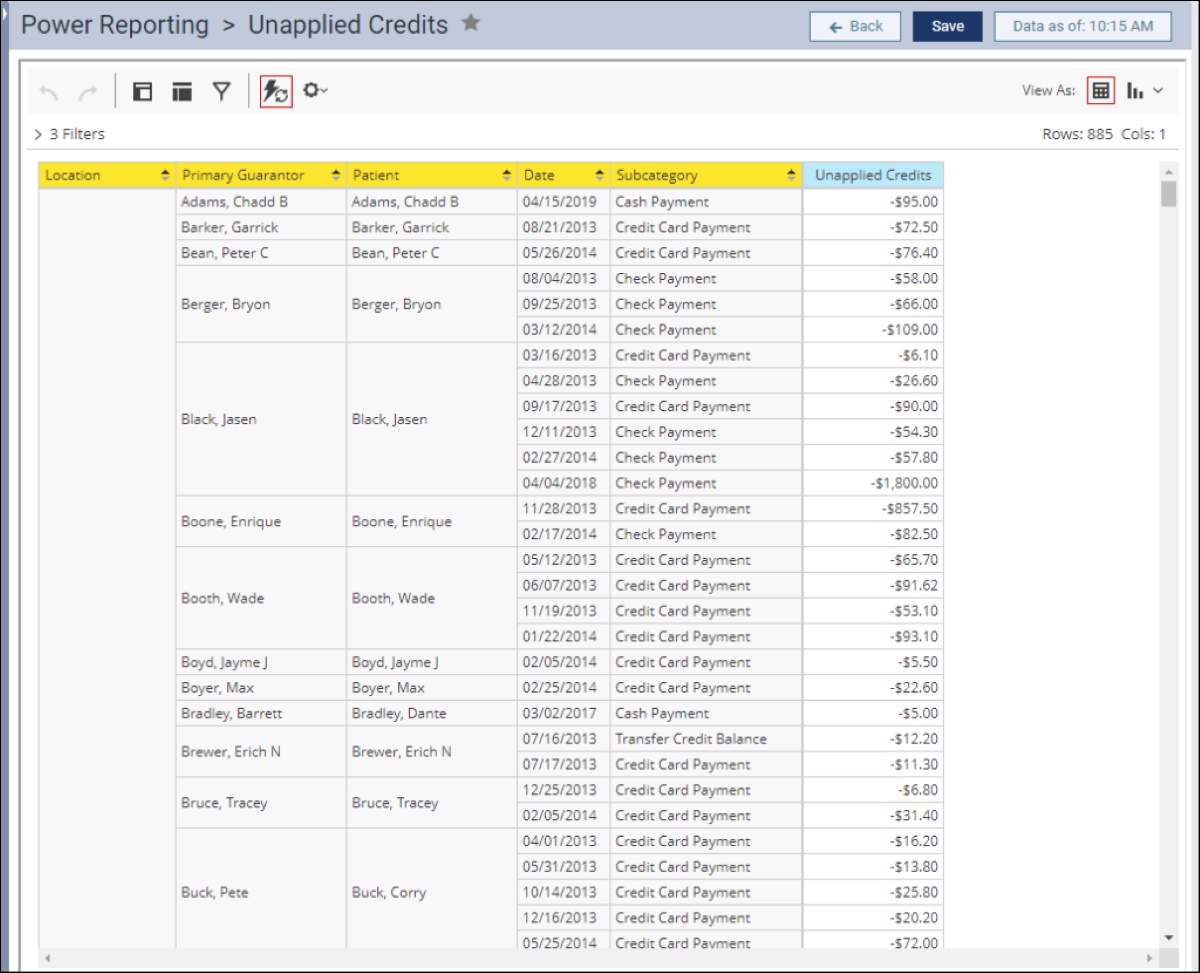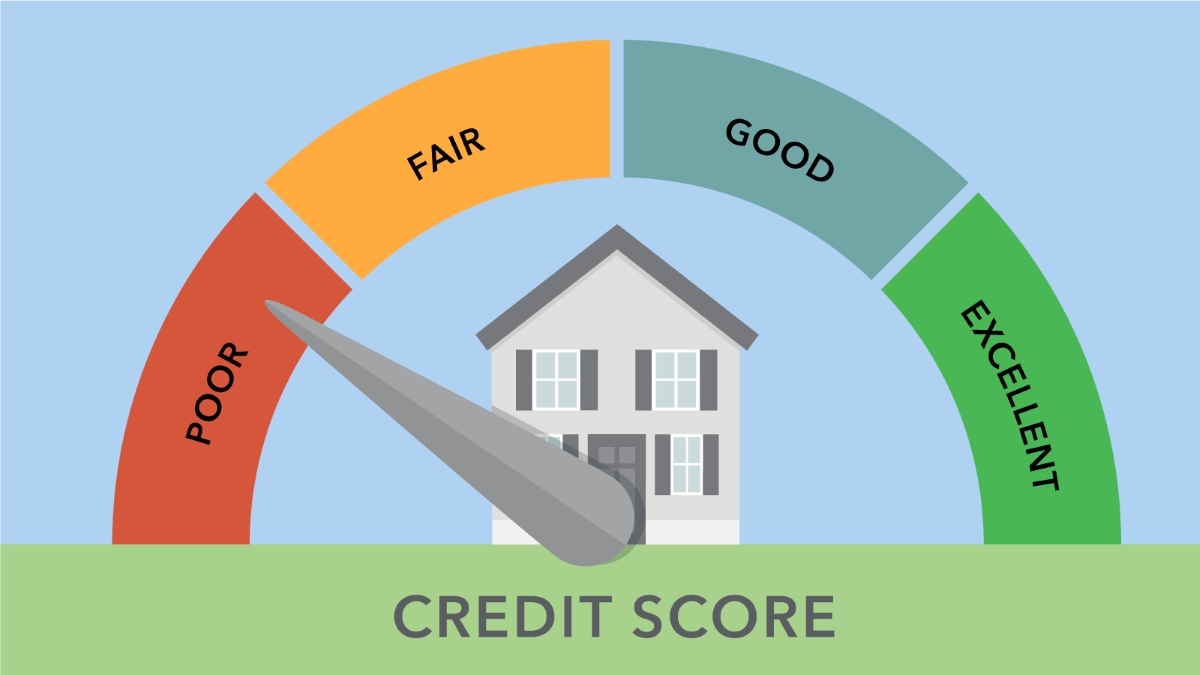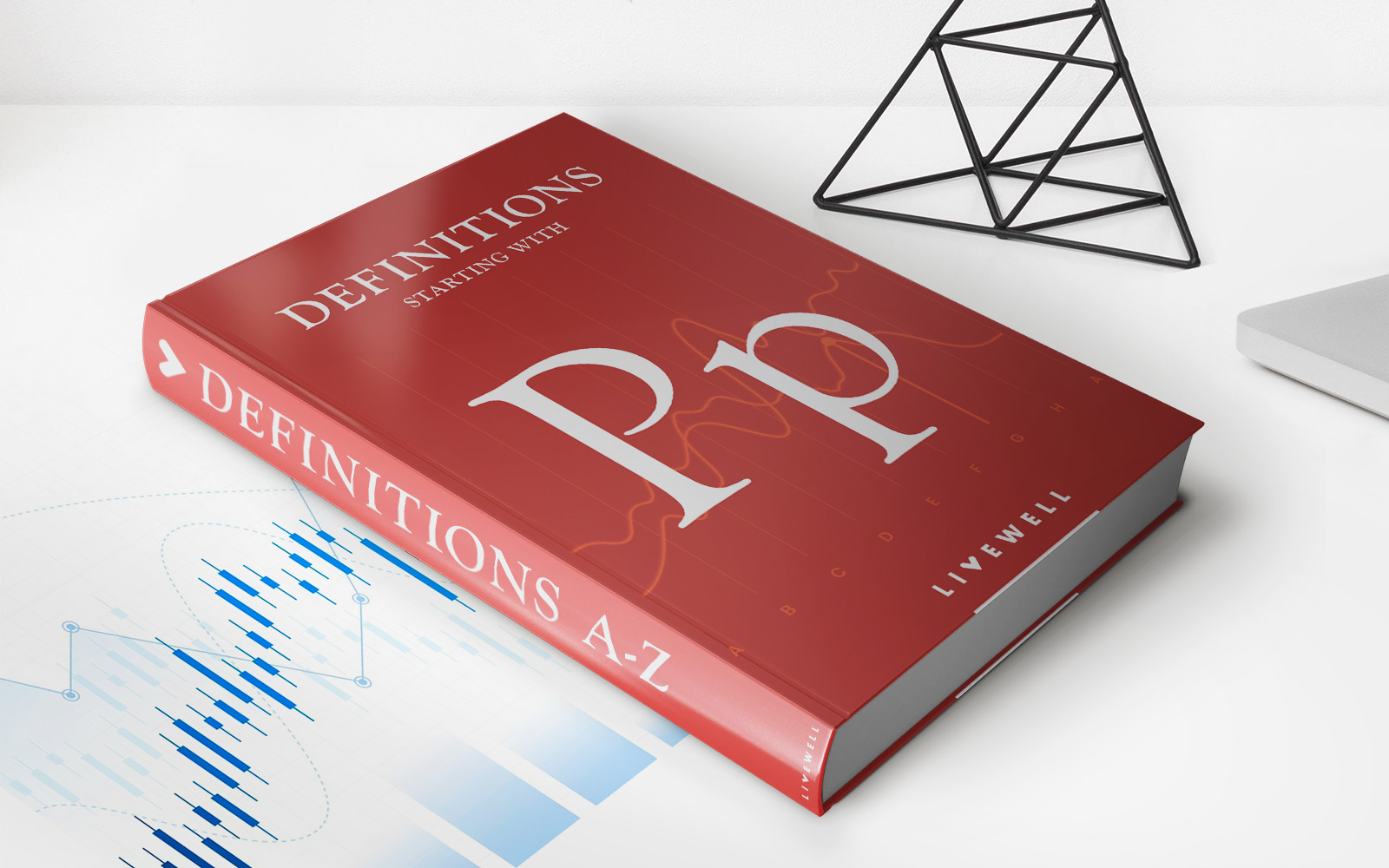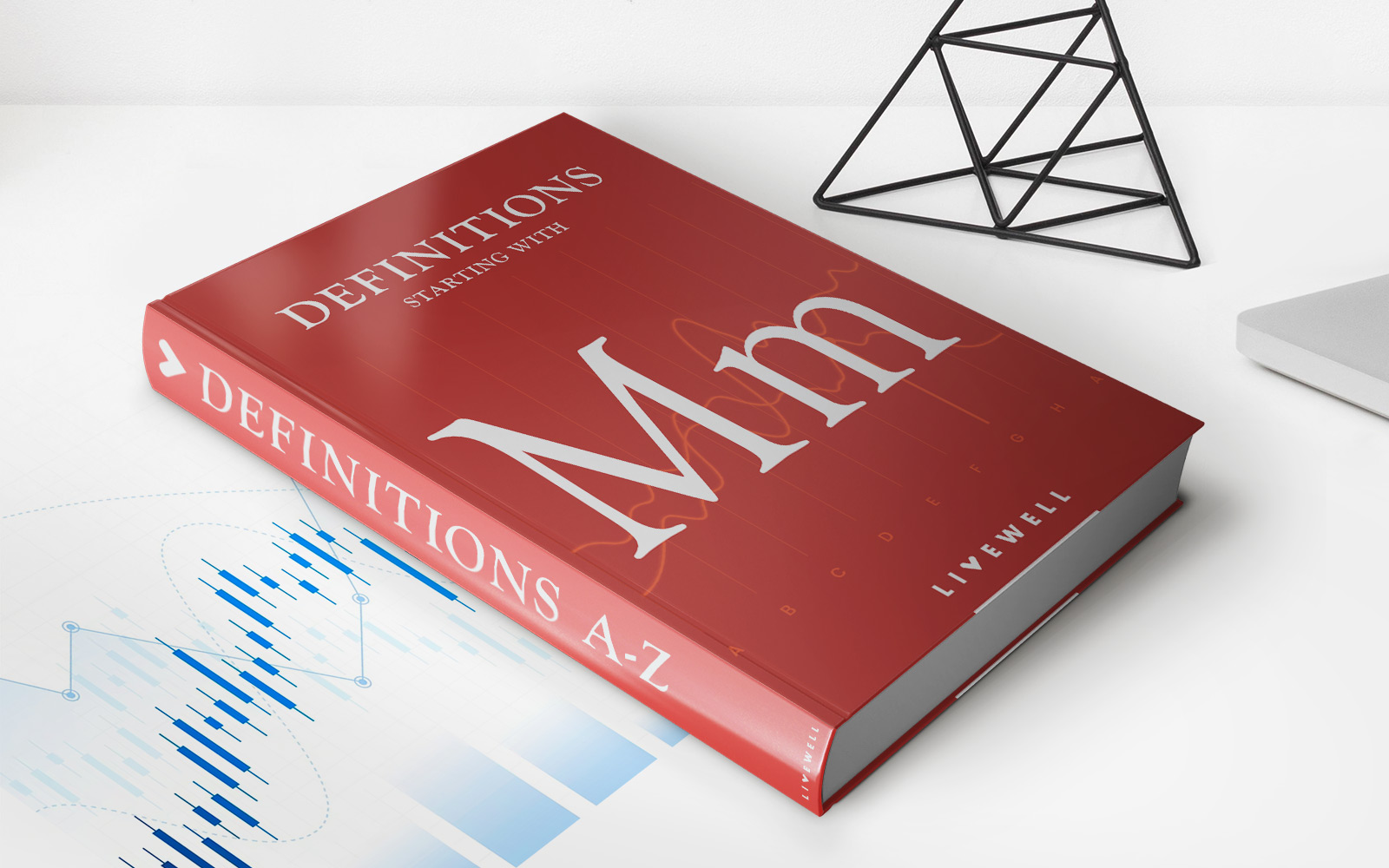

Finance
How Does Rent To Own Work With Bad Credit
Published: January 12, 2024
Learn how rent to own can be a viable option for individuals with bad credit. Discover how to finance your dream home even with less-than-perfect credit.
(Many of the links in this article redirect to a specific reviewed product. Your purchase of these products through affiliate links helps to generate commission for LiveWell, at no extra cost. Learn more)
Table of Contents
- Introduction
- Understanding Rent to Own
- Challenges of Rent to Own with Bad Credit
- Benefits of Rent to Own with Bad Credit
- How Does Rent to Own Work with Bad Credit?
- Finding Rent to Own Options with Bad Credit
- Steps to Take for Rent to Own with Bad Credit
- Pros and Cons of Rent to Own with Bad Credit
- Conclusion
Introduction
When it comes to fulfilling the dream of owning a home, bad credit can often be a major hurdle. Traditional lenders typically require a good credit score before approving a mortgage application, leaving many prospective homeowners feeling disheartened. However, there is an alternative option that can help individuals with bad credit achieve their homeownership goals – rent to own.
Rent to own, also known as a lease option or lease purchase, is a unique arrangement where individuals can rent a property with the option to buy it at a later date. This can be an ideal solution for those who are working on improving their credit score while also building equity in a property. So, how exactly does rent to own work with bad credit?
In this article, we will explore the ins and outs of rent to own with bad credit, discussing the challenges, benefits, and steps individuals can take to secure a rent to own agreement. Whether you have a less than ideal credit history or simply want to explore alternative paths to homeownership, this article will guide you through the process.
Understanding Rent to Own
Rent to own is a unique agreement that allows individuals to rent a property for a specified period of time with the option to purchase it at a later date. It offers prospective homeowners the opportunity to live in their desired home while working on improving their credit score or saving for a down payment.
In a rent to own agreement, the tenant, or the renter, pays a monthly rent to the landlord, who is also the seller of the property. Additionally, the tenant may pay an upfront option fee or a portion of the monthly rent that goes towards building equity in the property. This option fee is typically non-refundable and is credited towards the purchase price of the home if the tenant exercises their right to buy.
During the specified rental term, usually ranging from one to three years, the tenant has the exclusive right to purchase the property at a pre-determined price. This price is agreed upon at the beginning of the lease agreement and remains fixed, regardless of any increase in property value during the rental period.
It is important to note that a rent to own agreement is not the same as a traditional mortgage. While the tenant has the option to become a homeowner, they are not obligated to buy the property if they decide not to. However, if the tenant chooses not to exercise their option to purchase, they may forfeit the option fee and any equity they have built in the property.
Rent to own can be an attractive option for individuals with bad credit as it allows them to lease a property while working towards improving their financial situation and becoming eligible for a mortgage in the future. It provides a pathway to homeownership for those who may not currently qualify for conventional financing.
In the next section, we will explore the challenges individuals with bad credit may face when pursuing a rent to own agreement.
Challenges of Rent to Own with Bad Credit
While rent to own can be a viable option for individuals with bad credit, there are some challenges that they may encounter during the process. Understanding these challenges can help potential homebuyers make informed decisions and navigate the rent to own journey effectively.
1. Limited Property Options: With bad credit, finding rent to own properties that are available can be more difficult. Landlords may be more hesitant to enter into an agreement with individuals who have a history of financial difficulties. As a result, the pool of available properties for rent to own may be smaller, and individuals may need to be more patient in their search.
2. Higher Monthly Payments: In some rent to own agreements, the monthly rent can be higher compared to traditional rental properties. This higher payment may be attributed to a portion of the rent going towards building equity in the property or compensating for the risk associated with bad credit. Prospective homebuyers need to carefully evaluate their financial situation to ensure that they can comfortably afford the monthly payments.
3. Non-Refundable Option Fee: In most rent to own agreements, tenants are required to pay an upfront non-refundable option fee. This fee serves as a down payment towards the purchase of the property and is typically not refundable if the tenant decides not to exercise their option to buy. Individuals with bad credit need to carefully assess their commitment and financial readiness before paying this fee.
4. Potential Difficulty in Securing Financing: Even with the option to purchase the property at the end of the rental term, individuals with bad credit may face challenges in securing financing from traditional lenders. While the rent to own agreement provides time to improve credit and build equity, it is important to have a plan in place to address credit issues and explore alternative financing options.
5. Limited Flexibility: Rent to own agreements typically have more rigid terms compared to traditional rental agreements. Tenants may be required to follow certain rules and restrictions set by the landlord/seller and may have limited flexibility in making changes to the property. It is essential to thoroughly review and understand all terms and conditions before entering into a rent to own agreement.
Despite these challenges, rent to own can still be an attractive option for individuals with bad credit who are determined to become homeowners. In the next section, we will explore the benefits of rent to own with bad credit, which can help balance out these challenges.
Benefits of Rent to Own with Bad Credit
While there are challenges to overcome, rent to own offers several benefits for individuals with bad credit who dream of owning a home. Understanding these advantages can help individuals make an informed decision about whether rent to own is the right path for them.
1. Opportunity to Build Equity: One of the significant benefits of rent to own is the opportunity to build equity in the property while renting. With each rent payment, a portion may go towards building equity or be credited towards the eventual purchase price. This allows individuals to start building ownership in the property, even if they don’t have a perfect credit score.
2. Time to Improve Credit: Rent to own agreements typically span over a period of one to three years. This timeframe provides individuals with the opportunity to work on improving their credit score. By practicing responsible financial habits, such as paying bills on time and reducing debt, individuals can enhance their chances of qualifying for a mortgage when it comes time to exercise the option to buy.
3. Lock in the Purchase Price: In rent to own agreements, the purchase price of the property is predetermined at the beginning of the lease. This means that even if the property’s value increases during the rental period, the tenant’s purchase price remains the same. This can be advantageous for individuals with bad credit, as they can secure a property at a lower price and potentially benefit from any appreciation in value.
4. Flexibility and Test-Drive the Property: Rent to own allows individuals to live in a property and experience its neighborhood and amenities before committing to a purchase. This provides the flexibility to determine if the property is the right fit for their needs and lifestyle. If they decide against the purchase, they can simply walk away at the end of the rental term without any further obligation.
5. Time to Save for a Down Payment: For individuals with bad credit, saving for a down payment can be challenging. Rent to own agreements often allow tenants to allocate a portion of their monthly rent towards a down payment, helping them accumulate savings while renting. This can make the transition to homeownership more attainable when the rental term ends.
These benefits make rent to own an appealing option for individuals with bad credit who aspire to become homeowners. In the next section, we will delve into how rent to own works with bad credit, providing a step-by-step breakdown of the process.
How Does Rent to Own Work with Bad Credit?
Rent to own offers a unique opportunity for individuals with bad credit to work towards homeownership. The process involves several essential steps that both parties must follow to ensure a successful rent to own arrangement:
1. Find a Rent to Own Property: Begin by searching for rent to own properties in your desired area. Real estate agents, online listings, and property management companies may have information on available rent to own options. Keep in mind that the pool of available properties may be smaller for individuals with bad credit, so patience and persistence are key.
2. Negotiate the Terms: Once you find a potential property, negotiate the terms of the rent to own agreement with the landlord/seller. This includes discussing the purchase price, rental period, monthly rent, option fee, and any other applicable terms. It is crucial to carefully review and understand all aspects of the agreement before proceeding.
3. Conduct Due Diligence: Before signing the rent to own contract, conduct thorough due diligence on the property. This may involve getting a professional inspection, reviewing the property’s title and history, and assessing the neighborhood. It is important to ensure that the property is in good condition and meets your expectations.
4. Sign the Rent to Own Contract: Once both parties agree on the terms, sign the rent to own contract. This legally binds both the tenant and the landlord/seller to the agreed-upon terms. It is recommended to consult with a real estate attorney or a housing counselor before signing the contract to ensure that you fully understand your rights and obligations.
5. Make Monthly Rent Payments: As a tenant, your responsibility is to make the monthly rent payments on time throughout the rental period. It is essential to treat the rent to own agreement as if it were a traditional mortgage, demonstrating financial responsibility and building a positive payment history.
6. Improve Credit and Save for Down Payment: While renting the property, focus on improving your credit score and saving for a down payment. Pay bills on time, reduce debts, and avoid new credit inquiries. Additionally, consider allocating a portion of your monthly rent towards a down payment account to accumulate savings for when you exercise your option to buy.
7. Exercise the Option to Buy: At the end of the rental period, you have the option to purchase the property at the predetermined price. This is the culmination of the rent to own agreement, where you can apply for a mortgage or secure alternative financing to complete the purchase.
It is important to note that each rent to own agreement may have specific terms and conditions that vary. Working closely with the landlord/seller and seeking professional advice throughout the process can help navigate any potential challenges and ensure a smooth transition towards homeownership.
In the next section, we will explore how individuals with bad credit can find rent to own options that suit their financial situation.
Finding Rent to Own Options with Bad Credit
For individuals with bad credit, finding rent to own options may require a bit of extra effort and diligence. Here are some strategies to help you in your search:
1. Seek the Assistance of a Real Estate Agent: A knowledgeable real estate agent who specializes in rent to own properties can be a valuable resource. They have access to an extensive network and can help you find properties that are available for rent to own, especially those that may be more open to working with individuals with bad credit.
2. Search Online Listings: Utilize online listings and real estate websites that specifically cater to rent to own properties. These platforms often have search filters that can help you narrow down your options based on location, price, and other preferences. Be sure to use keywords like “rent to own” or “lease purchase” when conducting your search.
3. Network and Reach Out: Spread the word among friends, family, and acquaintances that you are looking for rent to own opportunities. You never know who might have connections or be aware of properties that are available. Additionally, directly contacting property owners or property management companies to inquire about rent to own options can also yield potential leads.
4. Attend Local Real Estate Events: Local real estate events, such as open houses, property auctions, or real estate investing seminars, can provide opportunities to network and potentially find rent to own properties. Engaging with industry professionals and other attendees can give you insights and connections to explore.
5. Work with Lease-Purchase Companies: Some companies specialize in facilitating rent to own agreements. They may have a portfolio of properties available for rent to own, often with more flexible terms that can accommodate individuals with bad credit. Research lease-purchase companies in your area and see if they have any suitable options.
6. Consider Expanding Your Search Area: If you are struggling to find rent to own options in your desired location, consider expanding your search to nearby areas. This can increase your chances of finding available properties and broaden your options. Keep in mind factors such as commute and amenities when considering properties in different locations.
7. Consult with Housing Counselors or Nonprofit Organizations: Housing counselors or nonprofit organizations can provide guidance and assistance in finding rent to own opportunities. They can offer valuable insights, resources, and connections with local programs that support affordable housing and homeownership initiatives.
Remember, persistence is key when searching for rent to own options with bad credit. It may take time and effort, but with determination and the right strategies, you can find a rent to own property that aligns with your needs and financial situation.
In the next section, we will outline the steps individuals can take to improve their chances of securing a rent to own agreement with bad credit.
Steps to Take for Rent to Own with Bad Credit
Securing a rent to own agreement with bad credit may require some additional steps and proactive measures. Here are some essential steps you can take to increase your chances of successfully navigating the rent to own process:
1. Review and Understand Your Credit Report: Obtain a copy of your credit report and carefully review it for any errors or discrepancies. Address any inaccuracies and work on improving your credit score by paying bills on time and reducing outstanding debts. By understanding where you stand financially, you can take targeted actions to improve your creditworthiness.
2. Save for a Down Payment: Start saving for a down payment to complement your rent to own agreement. Having a down payment demonstrates financial responsibility and increases your chances of securing financing when it comes time to exercise the option to buy. Evaluate your budget and look for areas where you can cut expenses and allocate more funds towards saving.
3. Build a Strong Rental History: Prioritize paying your rent on time and maintain a positive rental history. This demonstrates your ability to handle financial responsibilities and can strengthen your case as a reliable tenant and potential homeowner. Request landlord references and rental payment verification letters to showcase your track record.
4. Establish Open Communication: Keep an open line of communication with the landlord/seller throughout the rent to own process. Discuss your goals, concerns, and any specific needs you may have. Building a rapport and demonstrating your commitment to the agreement can help foster a positive and mutually beneficial relationship.
5. Seek Professional Guidance: Consider working with a real estate attorney or housing counselor who specializes in rent to own agreements. They can review the contract, advise you on your rights and obligations, and help negotiate favorable terms. Their expertise can provide peace of mind and ensure that you are making informed decisions every step of the way.
6. Demonstrate Financial Stability: Show stability in your income and employment. Providing proof of a steady income, such as pay stubs, tax returns, or bank statements, can reassure the landlord/seller of your financial situation. If you have multiple sources of income or additional assets, make sure to disclose them as well.
7. Be Flexible and Open to Compromises: Being flexible in terms of property location, size, and amenities can increase your chances of finding a suitable rent to own option. While it’s important to have your preferences, being open to compromises can broaden your choices and help you find a property that fits within your budget and financial situation.
Remember, the rent to own process requires patience, diligence, and commitment. By taking these steps and being proactive, you can overcome the challenges posed by bad credit and work towards achieving your dream of homeownership.
In the next section, we will explore the pros and cons of rent to own with bad credit, helping you make a well-informed decision.
Pros and Cons of Rent to Own with Bad Credit
Rent to own can be an attractive option for individuals with bad credit who aspire to become homeowners. However, like any financial arrangement, there are pros and cons to consider. Understanding these advantages and disadvantages can help you make an informed decision:
Pros:
1. Pathway to Homeownership: Rent to own provides an opportunity to work towards homeownership, even with bad credit. It allows you to live in your desired home while building equity and improving your credit score over time.
2. Potential for Price Appreciation: By entering into a rent to own agreement, you lock in the purchase price of the property. If the property’s value increases during the rental period, you may benefit from potential price appreciation, allowing you to secure a property at a lower price compared to the market.
3. Flexibility and Test-Drive: Renting to own gives you the flexibility to test-drive the property before committing to a purchase. You can experience the neighborhood, amenities, and overall fit of the property before fully committing, ensuring it meets your needs and lifestyle.
4. Opportunity to Build Equity: With each monthly rent payment, you have the chance to build equity in the property. A portion of your rent may go towards building equity or be credited towards the purchase price, which can contribute to your overall financial well-being.
5. Time to Improve Credit and Save for Down Payment: Rent to own agreements typically span over a few years. This timeframe allows you to work on improving your credit score and saving for a down payment, increasing your chances of securing financing when the rental term ends.
Cons:
1. Limited Property Options: Finding rent to own properties can be more challenging, especially for individuals with bad credit. The pool of available properties may be smaller, potentially limiting your choices and requiring more patience in the search process.
2. Higher Monthly Payments: Rent to own agreements may come with higher monthly rent payments compared to traditional rentals. Additional fees may be included to compensate for the risk associated with bad credit or to build equity in the property.
3. Non-Refundable Option Fee: Most rent to own agreements require an upfront non-refundable option fee. If you choose not to exercise your option to buy, you may forfeit this fee and any equity you have built in the property, which can represent a significant financial loss.
4. Difficulty Securing Financing: Even with the option to purchase the property, individuals with bad credit may face challenges in securing financing when the rental term ends. Traditional lenders may still consider your credit score and financial history when assessing your eligibility for a mortgage.
5. Limited Flexibility: Rent to own agreements often come with more rigid terms compared to traditional rentals. You may have limited flexibility in making changes to the property or face certain rules and restrictions imposed by the landlord/seller.
Before entering into a rent to own agreement, it is crucial to carefully weigh these pros and cons against your specific financial situation and homeownership goals. Consulting with professionals and thoroughly evaluating the terms of the agreement can help you make the right decision for your future.
In the final section, we will provide a concluding note on rent to own with bad credit.
Conclusion
Rent to own can be a viable option for individuals with bad credit who dream of becoming homeowners. It offers the opportunity to work on improving credit, build equity in a property, and ultimately achieve the goal of homeownership. While there are challenges and considerations involved, the benefits can outweigh the drawbacks.
By understanding the process and taking proactive steps, individuals with bad credit can navigate the rent to own journey effectively. Researching available options, seeking professional guidance, and demonstrating financial responsibility are all essential components of a successful rent to own agreement.
It is crucial to carefully review the terms of the rent to own contract and ensure that you can comfortably afford the monthly payments. Building a positive rental history, focusing on credit improvement, and saving for a down payment can increase your chances of securing financing when the rental term ends.
While rent to own provides an alternative path to homeownership, it is not without risks. It is important to fully understand the potential consequences, such as losing the option fee and any built-up equity, and carefully assess the property’s value and market trends before committing.
Ultimately, rent to own with bad credit can serve as a stepping stone towards achieving your homeownership goals. It allows you to take control of your financial future, build equity, and work towards improving your creditworthiness. With determination, patience, and the right strategies, individuals with bad credit can turn their dreams of homeownership into a reality through the rent to own process.
Remember, it is crucial to consult with professionals and experts in the field to ensure that you are making sound financial decisions. With careful consideration and perseverance, rent to own can be a viable solution for individuals with bad credit on their journey to homeownership.
